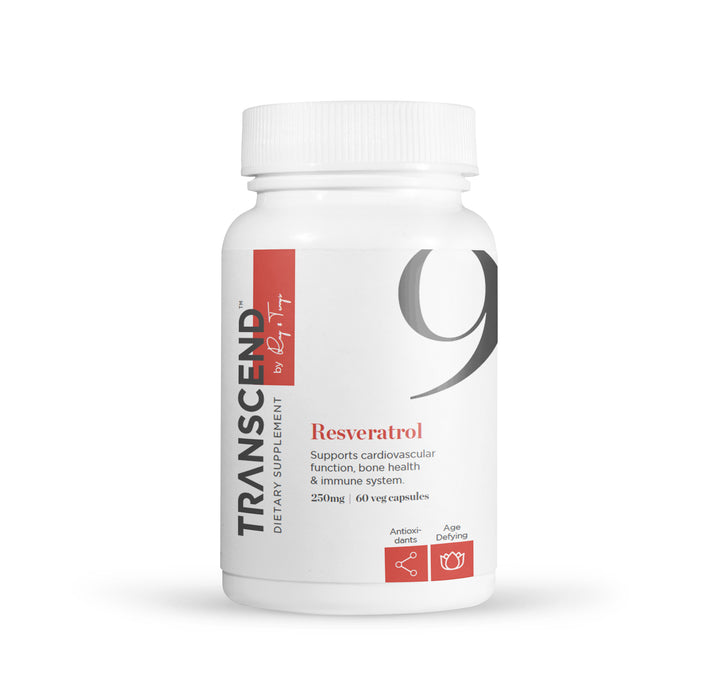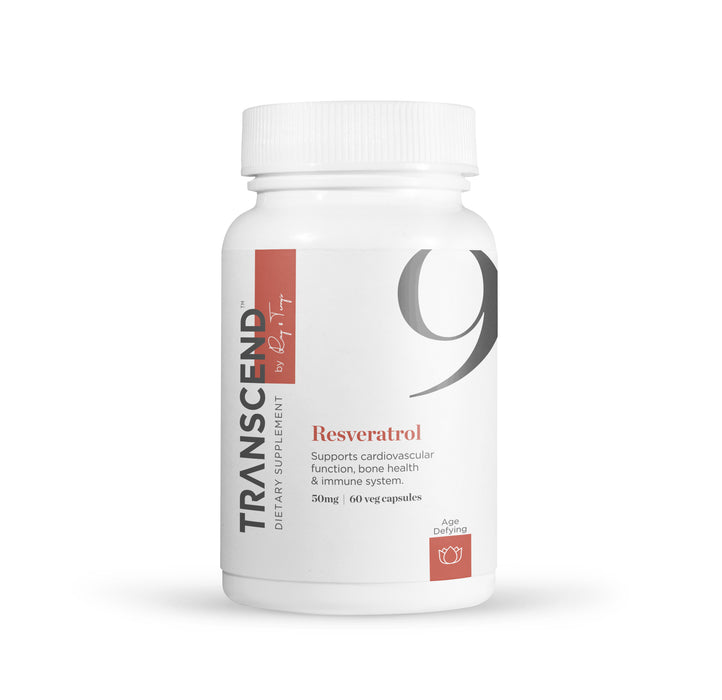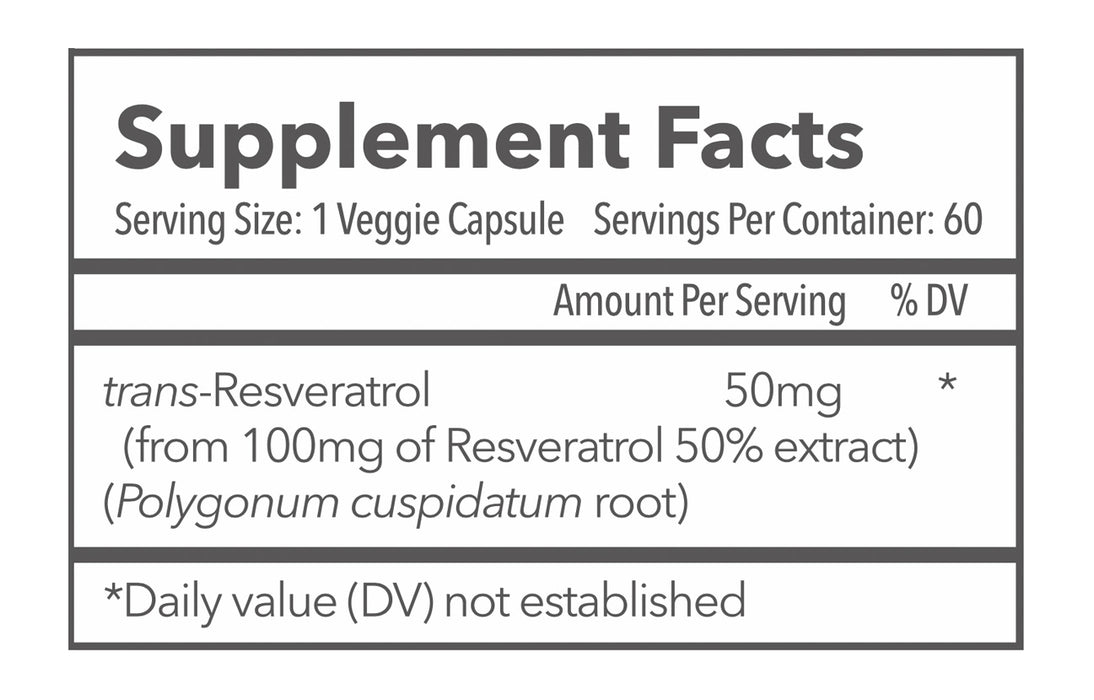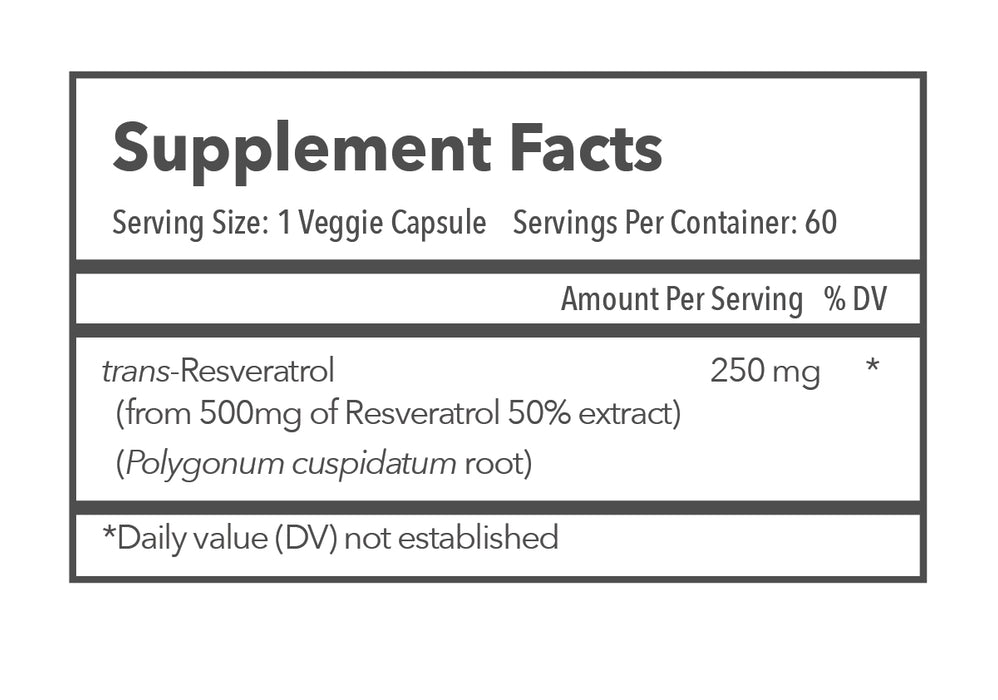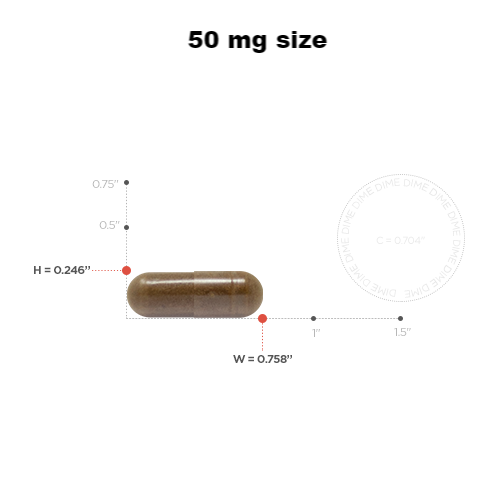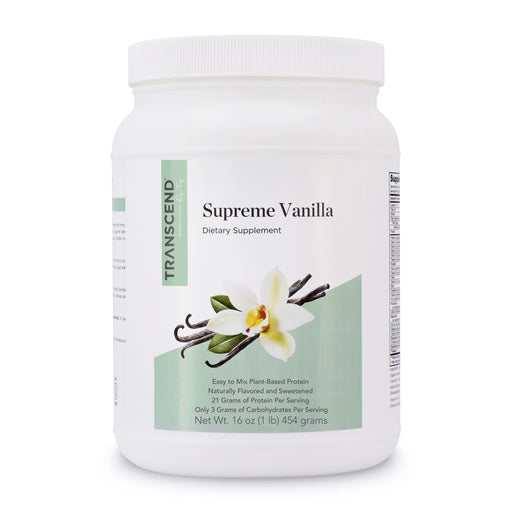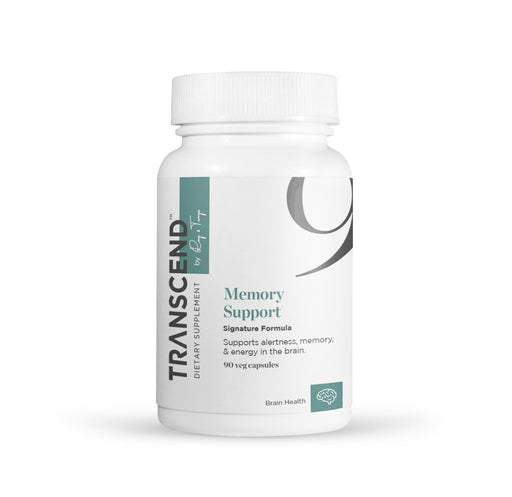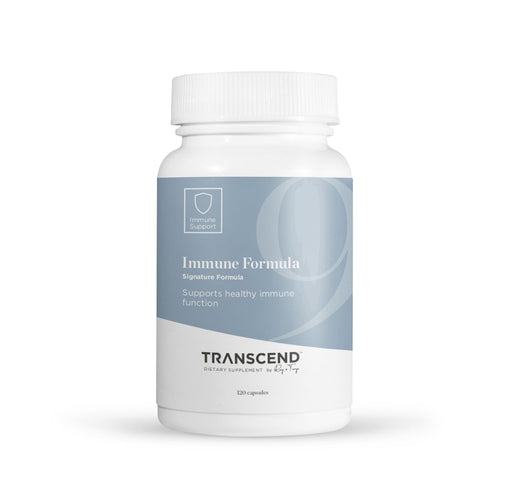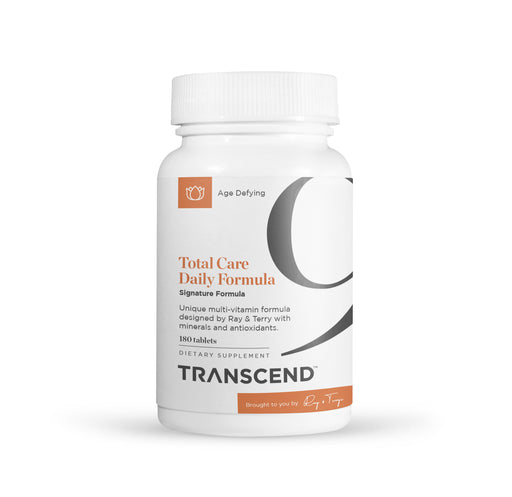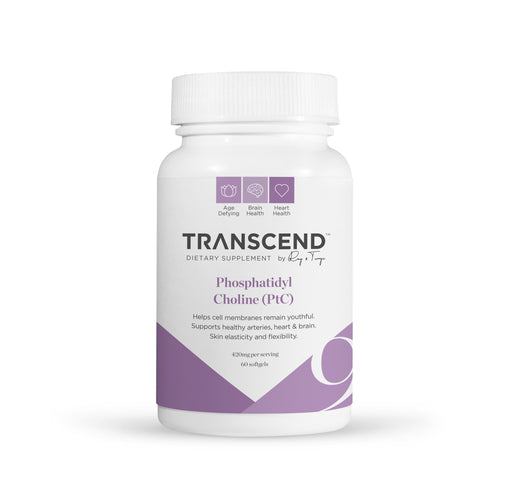Resveratrol
- Combat internal aging
- Protect cells from radiation damage
- Increase antioxidant capacity
- Take with lecithin for better absorption
- Optimal dose for daily use
Resveratrol is the active ingredient in red wine that helps explain the "French paradox," namely that the French typically eat a diet quite high in saturated fat, yet suffer a low rate of atherosclerotic heart disease. Resveratrol appears to work as a powerful antioxidant helping quench free radical damage in the body1, but also has a unique mechanism of action that may prove to have significant life extension properties. Resveratrol appears to help maintain healthy DNA and plays an important role in protecting cells and supporting mitochondrial function.2,9
Resveratrol may produce benefits similar to caloric restriction (CR).3, 7 The most powerful means of extending life span in animals appears to be through CR. While CR has not been shown to result in life extension in humans, some early studies suggest it may produce this desirable benefit.4 However, restricting calories by 30 percent or more is necessary to produce these benefits and is very difficult for most people. Research has focused on compounds that affect SIRT1, the gene that seems most closely linked with life extension from caloric restriction.
*Not allowed for import in Japan.
Resveratrol 50mg Other Ingredients:
Rice flour, hydroxypropyl methylcellulose, vegetable magnesium stearate, silicon dioxide.
Resveratrol 250mg Other Ingredients:
Hydroxypropyl methylcellulose, vegetable magnesium stearate, silicon dioxide.
CAUTION:
Do not exceed recommended dose. Pregnant or nursing mothers, children under 18, and individuals with a known medical condition should consult a physician before using this or any dietary supplement.
Formula includes NO animal products
Dosage:
As a dietary supplement, take 1 to 2 capsules twice daily.
TRANSCEND's Resveratrol contains 60 vegetarian capsules per bottle.
Proper Storage:
Resveratrol is easily oxidized. However, proper storage will ensure that it does not oxidize. We use an opaque bottle to minimize light exposure. We recommend storing resveratrol in a cool, dry, place in its tightly sealed container.
TRANSCEND's Resveratrol is equally effective when taken with or without food. However, if your digestive system is sensitive, you may want to take your supplements with meals.
In a 2008 study, resveratrol demonstrated chromosomal protection properties in mice exposed to radiation. The results indicated that resveratrol could be used in advance to protect cells from radiation damage.11 Another study indicated that resveratrol can ameliorate radiation-induced oxidative injury (2009). In that study, resveratrol was linked to significantly improved antioxidant capacity, tissue protection and maintenance of glutathione levels, as well as other damages occurring after contact with radiation.12
Polyphenols offer benefits besides their ability to scavenge free radicals and help prevent oxidation. They also support venous health and healthy circulation.10 The anti-inflammatory, antioxidant, and antiproliferative effects of resveratrol in the pulmonary arteries may also help maintain circulatory health.8
One of the difficulties with resveratrol is that it is easily oxidized and difficult to absorb. Research suggests taking resveratrol with lecithin can enhance absorption;5,6therefore, if you take a lecithin-derived phosphatidylcholine supplement (such as TRANSCEND's PtC (Phosphatidylcholine), we recommend that you take it at the same time as resveratrol to enhance absorption.
- Br J Pharmacol. Oct;131(4):711-720. S. Bastianetto et al. 2000.
- Mutat Res. Sep 20;496(1-2): 171-180. A. Sgambato et al. 2001.
- Nature 2003 Sep 11;425(6954):191-6. Howitz KT et al.
- Microsc Res Tech. Nov 15;59(4):335-338. M. A. Lane et al. 2002.
- J Agriculture Food Chemistry 6; 50:1706-12, 2002
- J Nanosci Nanotechnol. 2006 Sep-Oct;6(9-10):2950-8. Hung CF et al.
- BMC Syst Biol. Mar 10;3:31. JJ Smith et al. 2009.
- Hypertension. 2009 Jul 13. [Epub ahead of print] A. Csiszar et al. 2009.
- J Appl Toxicol. 2009 Jul 14. [Epub ahead of print]. K. Svechnikov et al. 2009
- Exp Clin Cardiol. Fall;11(3):217-25. R Vidavalur et al. 2006.
- Carsten RE et al. "Resveratrol reduces radiation-induced chromosome aberration frequencies in mouse bone marrow cells." Radiat Res. 2008 Jun;169(6):633-8. PMID: 18494544
- Velioğlu-Oğünç A. “Resveratrol protects against irradiation-induced hepatic and ileal damage via its anti-oxidative activity.” Free Radic Res . 2009;43(11):1060-71. PMID: 19707923


